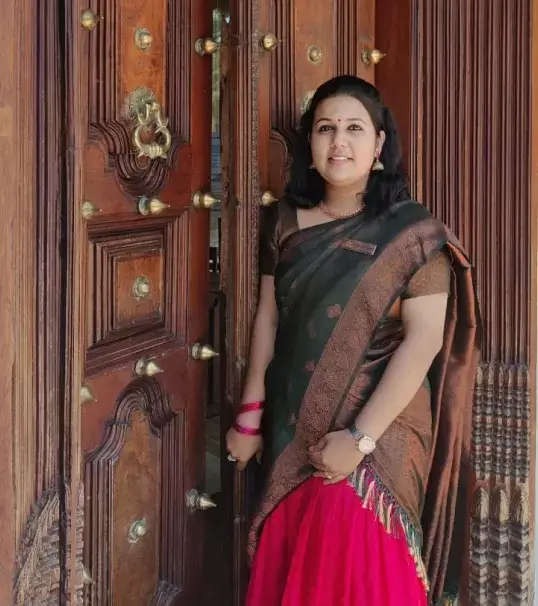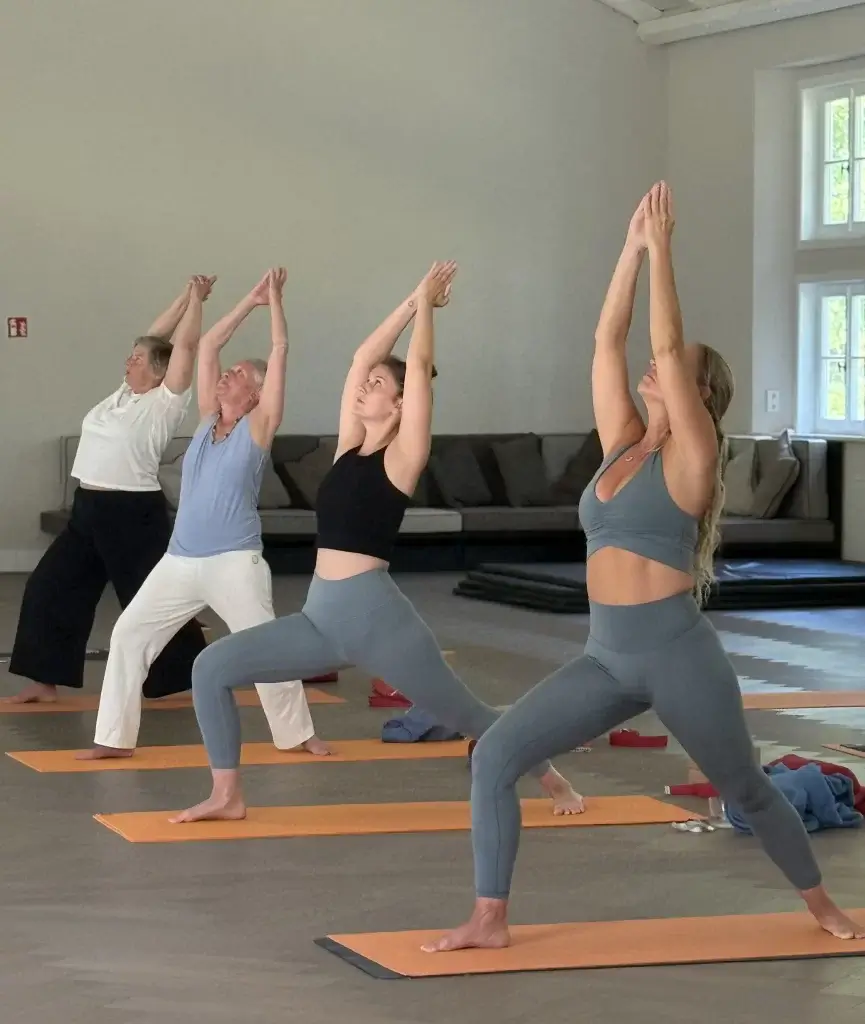


In the heart of Europe, where precision, structure, and quality of life are valued extremely highly, yoga has managed to mark a stronghold within the realm of wellness in Germany. Be it working madly in the urban city of Berlin or enjoying life in the calm surroundings of Bavarian lands, yoga happens to be that tremendous saving grace for balancing modern life.
Among the many offered styles, Yin Yoga and Vinyasa Yoga have become favorites, each offering something unique. When it comes to Yin Yoga vs Vinyasa, which one would fit best with the lifestyle usually led by average Germans? Let us go ahead and discuss.
Yin Yoga is a slow, deeply meditative practice. Poses are held for 3–5 minutes or longer, allowing the body to gently open and target the connective tissues such as ligaments, fascia, and joints. It’s not about muscle effort, it’s about surrender, stillness, and deep inner awareness.
This is complementary to the increasing craving in Germany for mental wellness and work-life balance. Yin yoga becomes more and more a balm after prolonged hours of intensive work-a short period to slow down and breathe deeply.

Vinyasa Yoga, on the other hand, is dynamic, flowing, and athletic. Poses are linked together in a sequence guided by breath. It’s more physically engaging and often compared to a moving meditation.
This style will especially appeal to the active German population that craves some structure, rhythm, and physical challenge. Be it a cyclist, a hiker, or an office worker, Vinyasa holds the sterling reputation as a fitness formula for mental focus.
Draw backs of yin yoga
Draw backs of vinyasa yoga
Sometimes a bit of both is really the best way to go. When it comes to Yin Yoga vs Vinyasa, some Germans incorporate a mix during their weekly routines: invigorating Vinyasa in the morning with calming Yin at night. This balance of Yang (doing) and Yin (being) speaks to the deep yearning for harmony in body, mind, and soul.
Yin Yoga vs Vinyasa is a common debate among practitioners, but whether you’re drawn to the gentle introspection of Yin or the energizing flow of Vinyasa, both styles have something valuable to offer. The key is to listen to your body and your lifestyle.
Germany’s growing focus on mental health, sustainability, and intentional living makes both practices highly relevant. Whether that means slowing down, moving with purpose, or finding space for both, choose what supports your well-being, something that Retreat Park Am See Nattika Ayurveda beautifully encourages through its holistic approach to mindful living.